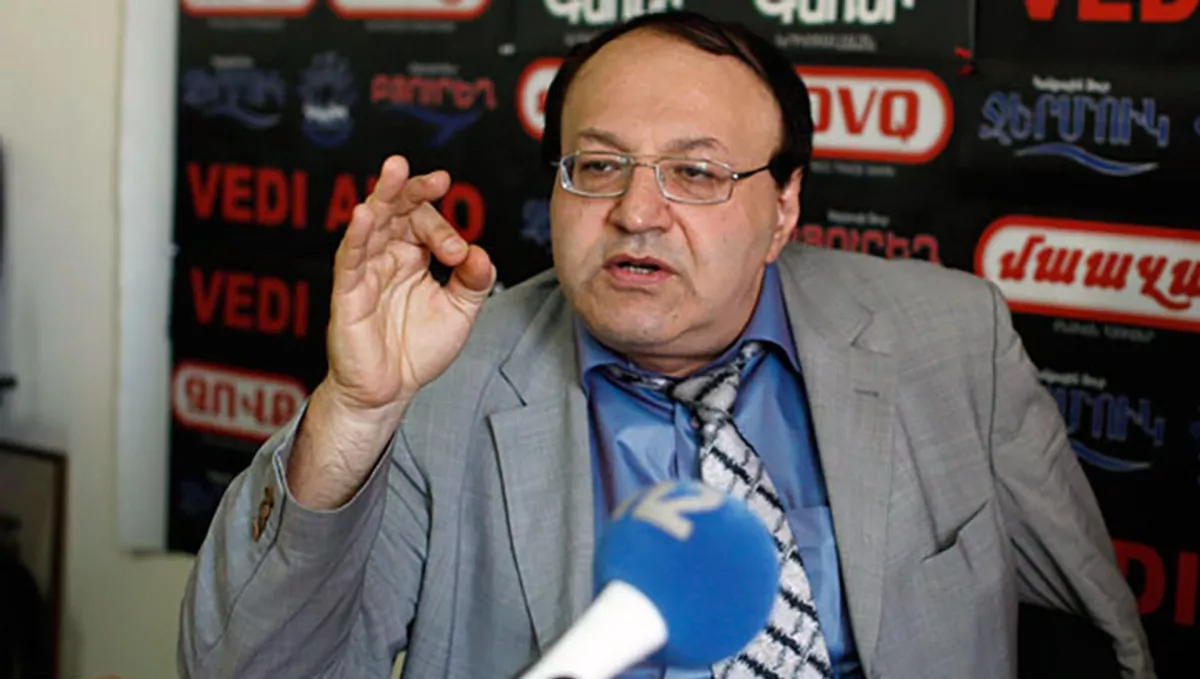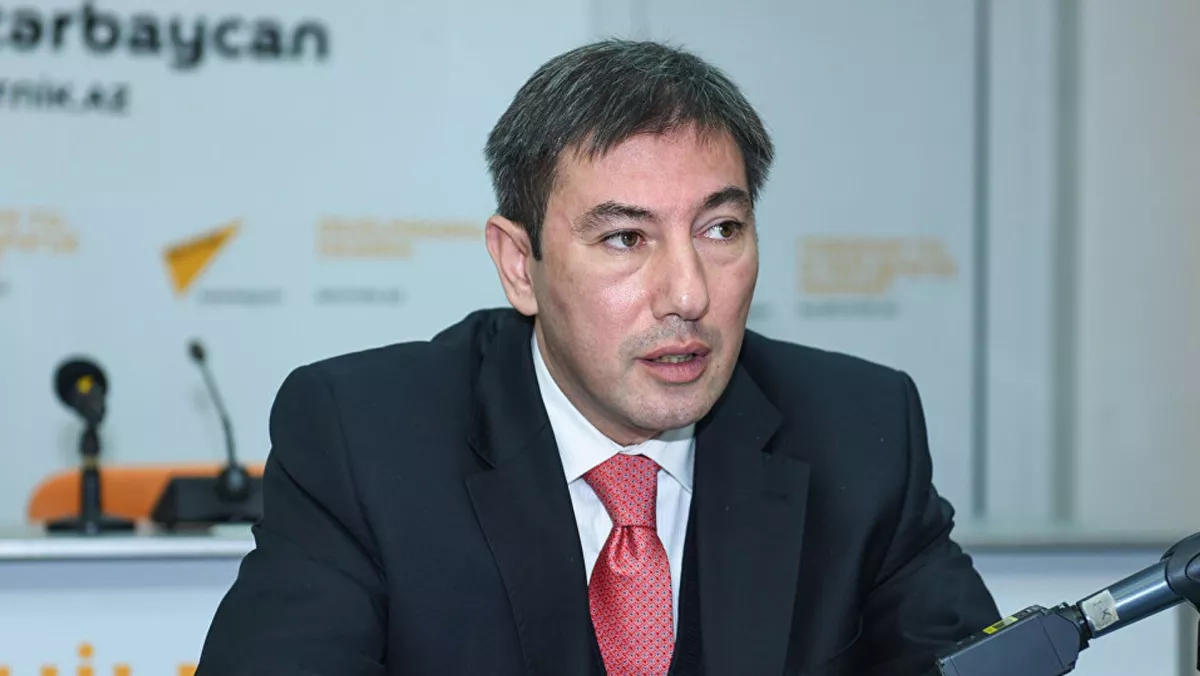Is Pashinyan purging pro-Russian officials from Armenia's government? Expert opinions
Three resignations in a single day within Armenia's government system align with Prime Minister Pashinyan's anti-Russian stance, reports the Armenian newspaper Hraparak. It notes that the authorities aim to remove Armenian officials linked to Russia.
The newspaper recalls that on October 9, Pashinyan held a meeting addressing "the issues of electricity supply quality and potential solutions." Following this, three officials connected to Russia resigned:
-
Garegine Baghramyan, head of the Public Services Regulatory Commission;
-
Hakob Vardanyan, Deputy Minister of Territorial Administration and Infrastructures;
-
Narek Teryan, Deputy Minister of Economy. The latter had worked in Russia before being appointed deputy minister, leading projects for the VTB Group and holding managerial positions in Russian commercial banks.
Can it be inferred that Pashinyan has initiated a crackdown on pro-Russian officials within the Armenian government? How active might this campaign be given the current circumstances? What potential consequences could this have for Russian-Armenian relations?
Caliber.Az sought insights from renowned regional experts to address these questions.

As noted by the President of the Armenian Association of Political Scientists, Doctor of Political Sciences Hmayak Hovhannisyan, the parliamentary opposition led by Robert Kocharyan and Serzh Sargsyan ties all its hopes of regaining power to support from Moscow. The newspaper, serving as a mouthpiece for this “opposition,” emphasizes Pashinyan's “anti-Russian line.”
“This is yet another testament to the immaturity of the parliamentary opposition in Armenia—nothing more. Regarding the mentioned resignations, they are quite logical in the context of public dissatisfaction with the work of the Public Services Regulatory Commission and the quality of the Ministry of Territorial Administration and Infrastructure's efforts to address the aftermath of the summer floods, etc. Elections are just around the corner, and Nikol Pashinyan must respond to public sentiment, which is encouraging. It indicates that the administration is pinning its hopes for electoral success not on the notorious abuse of administrative resources but on voter support,” the political scientist explains.
As for pro-Russian figures, he says, they are well represented in Pashinyan's administration.
“This primarily includes Deputy Prime Minister Mher Grigoryan, who, despite his extremely low public approval rating, Pashinyan stubbornly retains in his position. There is also the experienced assistant to the Prime Minister, Artashes Tumanyan, who has been a key ally of President Robert Kocharyan for many years, serving as the head of his administration. So, in reality, it is not Pashinyan's personnel policy that leads to the 'consequences in Russian-Armenian relations,' but rather the 'natural snitching' of the immature parliamentary opposition, which ties all its hopes of returning to power to support from Moscow. For six years now, they have been continuously—and certainly not unsuccessfully—reporting to the Kremlin on Nikol Pashinyan, saying he is 'betraying Moscow' and calling for Pashinyan to be stripped of power and for it to be returned to them. It is a pathetic spectacle,” Hovhannisyan concludes.

Ilgar Velizade, an expert in international affairs and head of the South Caucasus Political Scientists Club, pointed out, that this is not the first instance of pro-Russian officials resigning in the neighbouring country.
“At the beginning of the year, a scandal erupted involving officials from Armenia's Ministry of Economy, which also led to dismissals. Among those let go were individuals who had begun their careers in Russian institutions, having worked in Russia. Whether this is a mere coincidence or part of a deliberate political strategy is still unclear. However, given the current climate of rising anti-Russian sentiments in Armenia and the ongoing tensions in political relations between the two countries, nothing can be ruled out,” the analyst stated.
On the other hand, he noted, Caliber.Az recently published an article citing diplomatic sources, which included comments from the Secretary of the Security Council of Armenia, Armen Grigoryan, stating that the process of purging government bodies responsible for security would continue in Armenia.
“Of course, the main focus of this campaign will be on personnel connected to Russia or those who began their careers in that country.
In summary, it can be said that this process will likely be of a permanent nature under the current government. This process can be framed in various ways, but it is clear that the Armenian side will be reducing Russia's exceptional influence in the state apparatus. It is likely that this is being done, in part, on the advice of Western capitals,” Velizade suggested.








